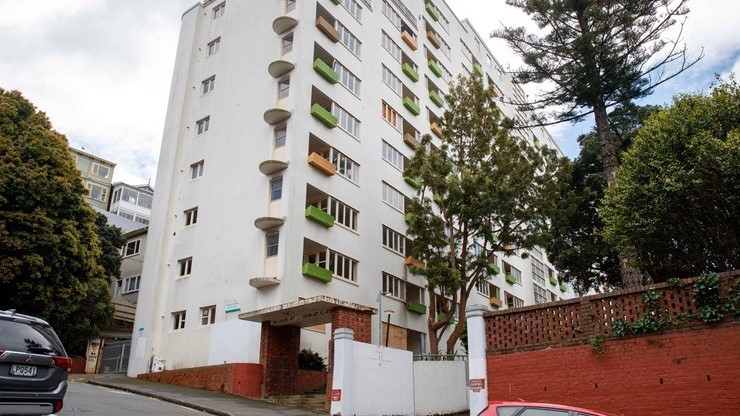Business
Controversial Sale Raises Questions About Treaty Real Estate Deals

The recent sale of the Dixon Street Apartments has sparked significant debate regarding the implications of Treaty-based real estate transactions in New Zealand. The property, which sold for $1 million to local Māori under a Treaty arrangement, has raised questions about the first right of refusal clause included in such agreements. This clause was initially intended to ensure that properties of cultural or historical significance would be prioritized for local iwi, not to facilitate commercial speculation.
The sale, which occurred soon after the initial purchase, resulted in the new owners selling the building for $3 million. This rapid turnaround has led to concerns over the apparent loss of $2 million in taxpayer value, raising critical questions about the effectiveness of the Treaty process.
Concerns Over Market Value and Cultural Significance
The situation prompts a series of inquiries regarding the motivations and understanding of those involved in the transaction. How could Kainga Ora, the Crown agency responsible for the sale, deem $1 million a suitable price for a property clearly worth significantly more? The decision appears to undermine the principles of the free market and raises doubts about the integrity of the process.
Furthermore, the implications of a race-based clause within real estate transactions warrant scrutiny. Is it appropriate to prioritize one group over others in commercial dealings? The intention behind the Treaty was to address historical injustices, but the current situation suggests a shift towards real estate speculation rather than cultural preservation.
Assessing the Future of Treaty Settlements
The nature of Treaty settlements has come under scrutiny, with critics questioning whether they were meant to facilitate speculation or to rectify past wrongs. The original owners, represented by the taxpayers, seem to have lost out on a deal that has raised eyebrows across New Zealand.
This controversy invites further discussion about the future of real estate deals tied to the Treaty of Waitangi. What measures can be taken to prevent similar situations from arising? As the conversation unfolds, stakeholders must consider how to balance commercial interests with cultural heritage, ensuring that the intent of the Treaty is honored while protecting the public’s financial interests.
As the debate continues, the case of the Dixon Street Apartments serves as a poignant reminder of the complexities involved in Treaty negotiations and the realities of the property market in New Zealand.
-

 World4 months ago
World4 months agoTest Your Knowledge: Take the Herald’s Afternoon Quiz Today
-

 Sports4 months ago
Sports4 months agoPM Faces Backlash from Fans During Netball Trophy Ceremony
-

 Lifestyle4 months ago
Lifestyle4 months agoDunedin Designers Win Top Award at Hokonui Fashion Event
-

 Entertainment5 months ago
Entertainment5 months agoExperience the Excitement of ‘Chief of War’ in Oʻahu
-

 Sports4 months ago
Sports4 months agoLiam Lawson Launches New Era for Racing Bulls with Strong Start
-

 World5 months ago
World5 months agoCoalition Forms to Preserve Māori Wards in Hawke’s Bay
-

 Health4 months ago
Health4 months agoWalking Faster Offers Major Health Benefits for Older Adults
-

 Lifestyle4 months ago
Lifestyle4 months agoDisney Fan Reveals Dress Code Tips for Park Visitors
-

 Politics4 months ago
Politics4 months agoScots Rally with Humor and Music to Protest Trump’s Visit
-

 Top Stories5 months ago
Top Stories5 months agoUK and India Finalize Trade Deal to Boost Economic Ties
-

 Health2 months ago
Health2 months agoRadio Host Jay-Jay Feeney’s Partner Secures Visa to Stay in NZ
-

 World5 months ago
World5 months agoHuntly Begins Water Pipe Flushing to Resolve Brown Water Issue









